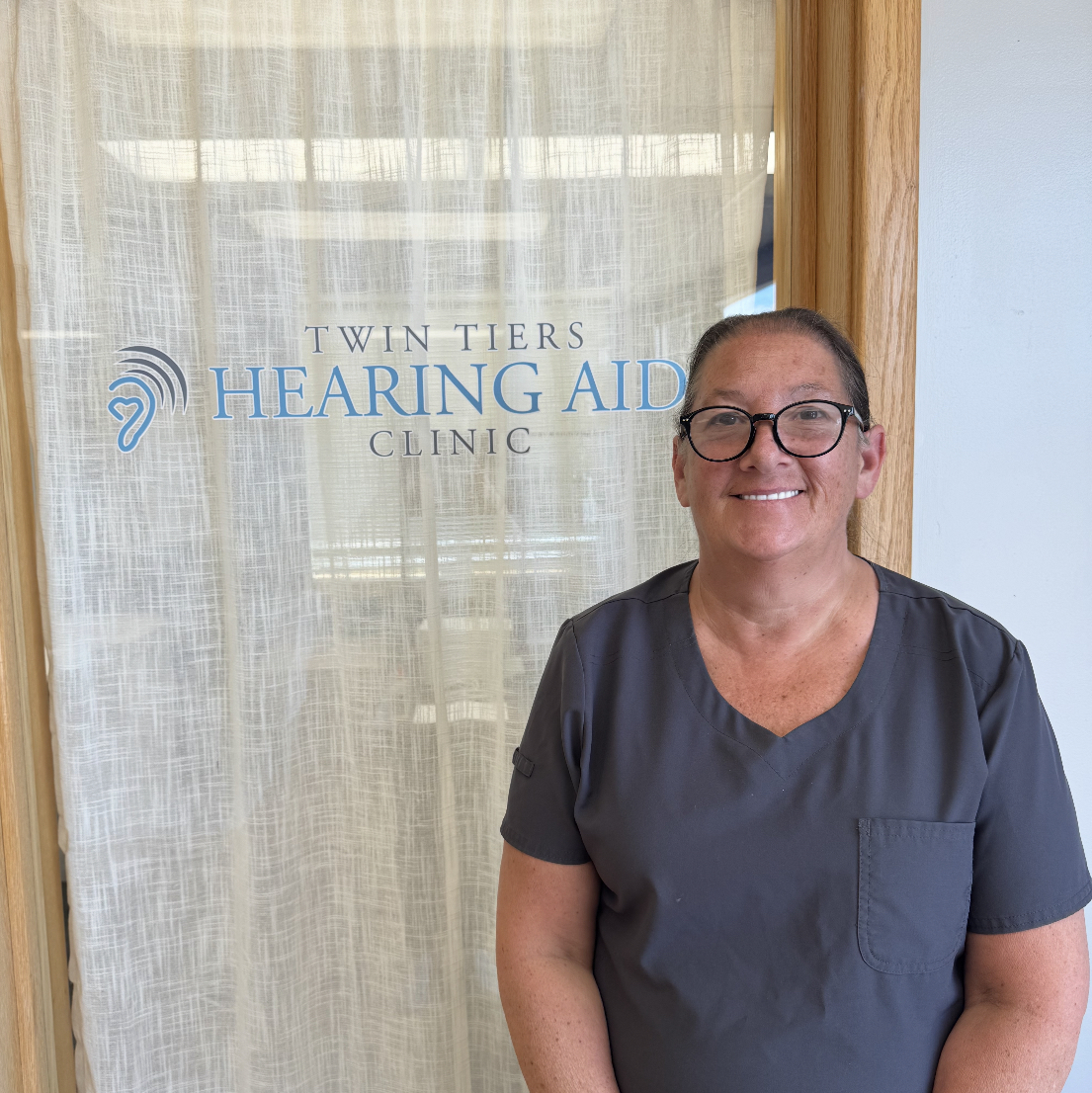Hearing loss is a common condition that impacts people of all ages, yet many are unaware that there are different types of hearing loss, each requiring specific approaches for diagnosis and treatment. Recognizing the distinctions between them is essential to managing symptoms effectively and preserving long-term hearing health.
This guide outlines the three primary types of hearing loss—conductive, sensorineural, and mixed—along with their causes, symptoms, and the most effective treatment options available today.

Overview:
Conductive hearing loss arises when there is a disruption in the transmission of sound from the outer or middle ear to the inner ear. This prevents sound waves from being properly conducted and interpreted. It is often temporary and medically treatable.
Typical Causes:
Common Symptoms:
Treatment Options:
Overview:
Sensorineural hearing loss (SNHL) occurs when the inner ear (cochlea) or the auditory nerve is damaged. Unlike conductive hearing loss, SNHL is typically permanent and progressive, though many treatment solutions exist to manage it effectively.
Leading Causes:
Notable Symptoms:
Management & Treatment:
Overview:
Mixed hearing loss is a combination of both conductive and sensorineural hearing loss. It indicates damage in multiple parts of the ear: both the mechanical components (outer/middle ear) and the sensory pathways (inner ear or nerve).
Common Underlying Factors:
Symptoms to Watch For:
Treatment Approach:
The first step to better hearing is understanding the specific type of hearing loss you may be experiencing. Our team uses state-of-the-art diagnostic tools to perform a comprehensive evaluation and develop a treatment plan that is customized to your needs.
Whether you’re experiencing hearing difficulties for the first time or looking for ways to optimize your current hearing care, early action is key.
Schedule Your Appointment Today
Call us or book online to arrange a professional hearing assessment with one of our experienced audiologists. Don’t wait—early detection can make all the difference in your long-term hearing health.
© 2025 Ear to Hear. All Rights Reserved | Privacy Policy | Website by Beeman Marketing

Lori is currently the patient care coordinator at Ear to Hear in Elmira, NY & has been with us since 2020. She is absolutely wonderful & enjoys talking with our current patients and getting to meet new ones!

Benjamin and Estelle have been coming to work since they were 12 weeks old. They love greeting patients with excitement, hoping for some attention in return. They love sitting on everyone's lap and getting pet. There have been many opportunities for Benjamin and Estelle to be a comfort to those patients who come into our clinics for the first time feeling nervous. The dogs give them a sense of calmness and make them feel more at home.

Melissa has recently joined Ear to Hear as our Patient Care Coordinator for the Auburn and Geneva offices. She is a graduate from Cayuga Community College with an associate's degree in Humanities and Social Sciences. Having a foster son who is deaf has allowed her to become an active part of the hearing-impaired community in which we live in. This has sparked an interest in her to help others along their hearing journey while re-connecting them with their loved ones and the world. Melissa currently resides in Wolcott, NY and enjoys spending time with her family and friends.

Brittany has a younger brother who was born with hearing loss and has worn hearing aids since he was 18 months old. She grew up helping him take care of his hearing aids as well as helping him with his education. Brittany is a graduate from Cayuga Community College with a bachelor's degree from SUNY Oswego in English and went into the education field working with children who have disabilities and some, like her brother, have hearing loss. Brittany's brother is her WHY for her entering the hearing health industry as her career. Due to her love for him, she has always had a passion to help the hearing impaired and that is what brought her to Ear to Hear. Brittany is excited to bring more awareness to our patients on how hearing health, tinnitus and the brain are all related. When she is not at work, Brittany stays busy with her twin daughters and enjoys spending time with her family and dogs in Red Creek NY.

Adrienne is a Board-Certified NYS licensed hearing instrument specialist who started in the hearing health care industry as a PCC. She later became a provider and then eventually became a clinic owner. Adrienne opened Twin Tiers Hearing Aid Clinic in Corning, NY in 2021 with a second location in Elmira NY. She later acquired Ear to Hear located in Auburn and Geneva, NY and later added The Hearing Aid Shop in Bolivar NY. Adrienne is excited to bring her excellent service and patient centric care to her clinics. She feels that hearing is the pathway to many of life’s great connections, and she finds joy in helping others find those important connections again. Adrienne currently resides in Horseheads NY with her family and dogs.